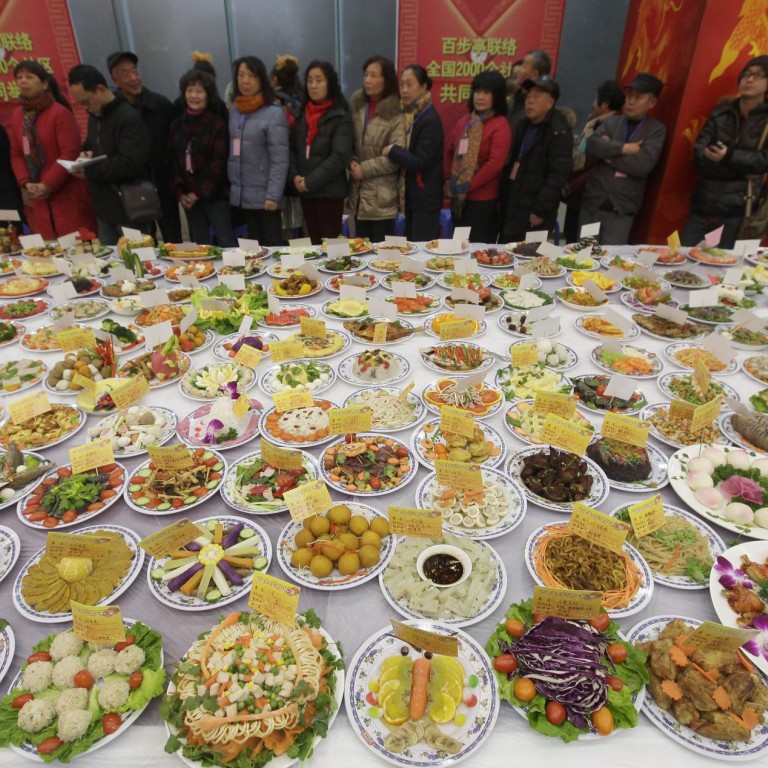
New | Fury as government drops Spring Festival Eve from China's public holiday plan
People complain the change means they won't have time to get home for festival meal, but backers say most workers will get the day off anyway
The central government's decision not to grant a public holiday on Lunar New Year's Eve has sparked an angry reaction among internet users on the mainland.
A poll conducted on internet portal Sina showed nearly 90 per cent of the 50,000 people who had taken part as of yesterday morning were against the removal of the date from annual national holidays.
By tradition, family members sit down together for dinner and light firecrackers on Lunar New Year's Eve to greet the arrival of the new year. It falls on January 30 next year and the tradition is as important in Chinese culture as Christmas Eve in the West.
Many people were upset the government appeared to be refusing to honour a custom that has lasted thousands of years.

"If there is no holiday on Lunar New Year's Eve, how can I return home to be reunited with my parents? This is a serious violation against filial piety," wrote one person from Tianjin in the comment section of the Sina poll. "Our officials hold foreign passports and have Easter and Christmas. Who cares about a Chinese festival?" wrote a user from Wuxi in Jiangsu .
"China has many migrant workers. Their needs have been totally forgotten by the government," an internet user in Shanghai posted. "Lunar New Year's Eve is a day for family reunions. Now the government wants everyone who is away from home to have the year's most important dinner on the road," another person from Jiangsu said.
Some experts have defended the government's decision. Cai Jiming, a professor at Tsinghua University, was among a team commissioned by the government to carry out research on reforms to the national public holiday system. Cai said their survey had found most companies and government agencies would give their staff a day off on Lunar New Year's Eve, regardless of whether it was an official holiday.
Including the day in the roster of official holidays would be wasteful as the total quota for the Lunar New Year's holiday could not exceed seven days by law, Cai said. Most people had forgotten that before 2008 Lunar New Year's Eve was not a public holiday, he said. The government only made it official in 2008 after there were calls to honour the tradition.
The government has said the May holiday next year will run for three days from May 1. The National Day holiday will run for seven days from October 1.
The arrangements for public holidays outside the Lunar New Year period are broadly in line with a proposal that received the highest number of votes in a government online survey last month. There have been calls to revamp how public holidays are set, following the chaos around "golden week" holidays when half the nation hits the road.

